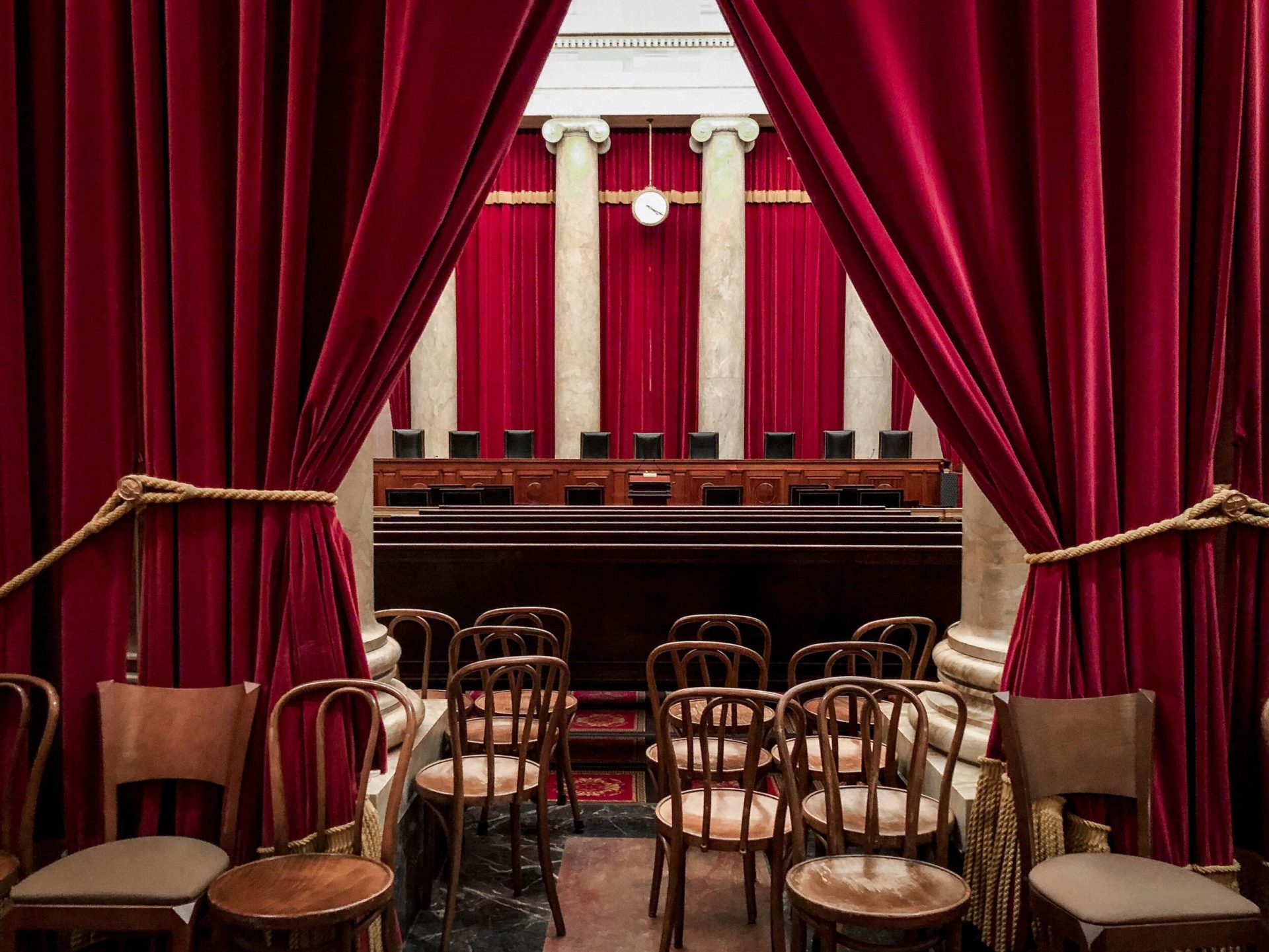
How much has the events of the past 11 months shaped the presidential race?
It’s been a whirlwind of a news cycle, so let’s recap some of the critical moments and bombshells that have dropped since October of last year:
In October, the U.S. economy was still going strong under President Trump. This carried over into the start of 2020.
In December of 2019, the U.S. House of Representatives impeached President Trump, making it the third time in American history that a sitting president was charged with a high-crime or misdemeanor. The Senate acquitted him soon after.
In January of 2020, acting on President Trump’s orders, the U.S military killed Iranian General Qassem Soleimani via drone strike. The Pentagon said the strike was aimed at deterring future Iranian attacks.
Around that same time, the coronavirus was already making its way to the United States. By March, life as we know it changed. It snowballed into the worst pandemic in more than a century. Nearly 200-thousand American lives have been lost, and we’re nowhere near the finish line.
In May, a 46-year-old black man named George Floyd died pleading for help as a police officer used his knee to pin Floyd’s neck to the ground. The incident was recorded on video, sparking a wave of nationwide protests, the likes of which we haven’t seen since the civil rights movement in the 1960s. The fallout from this racial reckoning continues, as some major cities grapple with continued protests and unrest.
In June, Trump received a vote of no confidence from his former national security adviser John Bolton. Bolton said Trump is not fit for office – and he won’t be voting for him in November. Other former Trump officials have also criticized their former boss.
This month, Trump has battled against an article in The Atlantic reporting that he disparaged fallen military service members. Two sources told CNN that the President was concerned the revelations would hurt his support from veterans and military families.
What an adventure it has been.
But guess what. None of those issues – good or bad – have moved the needle on the President’s support.
Ronald Brownstein, the Senior Editor at The Atlantic, wrote an excellent piece for CNN this week, “Why the stability of the 2020 race promises more volatility ahead“. In it, he cites this stunning statistic: The Real Clear Politics average of national polls last October showed Biden at 50.1% and Trump at 43.4%.
The result last weekend? Biden 50.5% to Trump 43% – virtually unchanged.
Now, with the passing of Justice Ruth Bader Ginsberg this past Friday, we are faced with another critical moment in American politics.
After news of her death became public, Majority Leader Mitch McConnell and Republican leadership announced that the Senate would vote to confirm a replacement. Not only did the move go against the late-Justice’s wishes, but also their own. Four years ago in 2016, McConnell and the rest of the GOP-controlled Senate blocked Obama’s nomination of Judge Merrick Garland, saying that a vote was inappropriate in an election year. This about-turn has kicked the Democratic establishment into a mad frenzy. With less than 50 days till the election, the GOP has all-but-guaranteed a bitter fight on Capitol Hill, which will dominate the news for the coming weeks.
This conflict will no doubt affect the presidential race as well. A day after Ginsberg’s passing, Trump told a crowd at a rally in North Carolina that he intended to nominate a woman to fill the vacancy. One name that quickly rose to the top of political punditry was Barbara Lagoa, a Cuban American judge from the 11th Circuit Court of Appeals in Florida. Many speculate that the decision was designed to court Floridians – especially Cuban Americans in South Florida – to vote for Trump in this pivotal battleground state. Trump intends to announce his nominee by the end of the week.
Vice President Biden, on the other hand, has made a direct appeal to Republicans, asking them to hold off a vote till after the election. At least four Republican Senators need to break ranks for the confirmation not to go through. As of Monday afternoon, two Republicans – Sen. Lisa Murkowski (R-Alaska) and Sen. Susan Collins (R-Maine) – publicly announced that they would oppose moving forward with a nomination. Sen. Lamar Alexander (R-Tenn.) said he would vote to confirm. As of Tuesday, Senator Mitt Romney (R-Utah) said he would support moving forward to fill the Supreme Court seat, all but assuring that President Trump has the votes he needed to cement a conservative majority on the high court.
So, with this issue thrust to the forefront of public debate, a question begs to be asked:
Will this affect the outcome of the race? Or is it just another political footnote?
______________________________________________________________________________________________________________________
Michael Smerconish
Using the perfect blend of analysis and humor, Michael Smerconish delivers engaging, thought-provoking, and balanced dialogue on today’s political arena and the long-term implications of the polarization in politics. In addition to his acclaimed work as nationally syndicated Sirius XM Radio talk show host, newspaper columnist, and New York Times best-selling author, Michael Smerconish hosts CNN’s Smerconish, which airs live on Saturday at 9:00 am ET.
______________________________________________________________________________________________________________________







